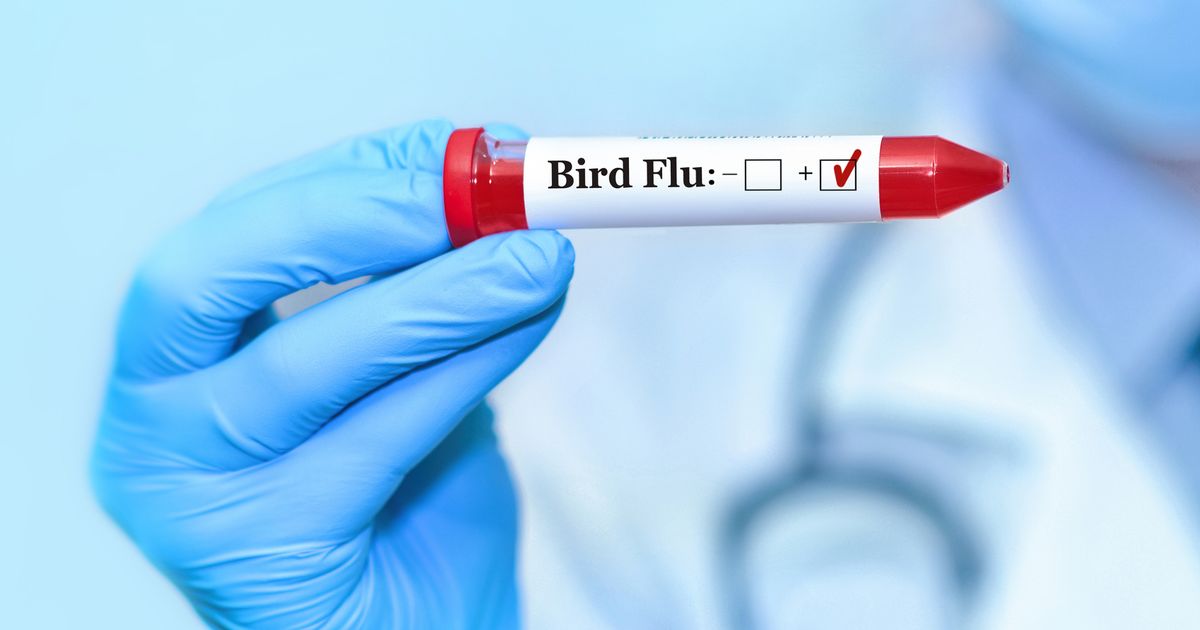By Cathal Ryan
A warning has been issued to the public after a highly pathogenic strain of avian influenza was detected in multiple wild birds found along Ireland’s west coast in recent weeks
The Department of Agriculture issued a statement to the public on Thursday, warning that the H5N1 strain of avian influenza is currently circulating in wild birds, especially in breeding seabirds around Ireland.
Over the last three weeks in particular, including following intensive surveillance by NPWS, and reports from others, there have been a number of cases of groups of dead wild sea birds washing up on shorelines in counties Kerry, Clare and Galway.
A number have been tested by the Department of Agriculture, Food and Marine, and gulls and Guillemot have so far been confirmed with HPAI; and many multiples of that are likely to have HPAI. In total, 25 wild birds have tested positive for highly pathogenic avian influenza in 2025 so far.
Avian Influenza, commonly known as bird flu, is a notifiable animal disease and is a highly contagious viral disease affecting the respiratory, digestive and/or nervous system of many species of birds.
It can also pose a threat to people and other animals in certain circumstances, but these types of infections are rare.
The Department of Agriculture, Food and Marine, and the HSE, have advised:
Do not touch sick or dead wild birds; Do not to bring sick wild birds home; Pets should be kept away from sick and dead wild birds (dogs should be kept on a leash where sick or dead wild birds are present).
The Department of Agriculture, Food and the Marine carries out year round avian influenza surveillance sampling. In areas where HPAI has already been confirmed, it may not be necessary to collect further birds for sampling.
The avian influenza virus is very contagious amongst birds and can survive for several weeks in the environment.
The faeces of infected birds contains a high level of virus and so the area can remain infective irrespective of whether bird carcasses are removed from an area or not.
It is not deemed appropriate for public amenity reasons to remove dead birds or to display signage, etc. e.g. on beaches or areas with frequent human footfall, it is a matter for the Local Authority.
Over the past number of months, the National Parks and Wildlife Service (NPWS) has been undertaking intensive monitoring and surveillance with a nationwide network of regional staff, collecting information on seabirds from coastlines, key colonies and elsewhere across the island.
The situation is being monitored intensively and any suspected cases reported to the Department of Agriculture, Food and Marine for testing. The Department of Agriculture, Food and the Marine (DAFM) has responsibly for avian influenza testing in Ireland. NPWS is already providing expert advice to DAFM in relation to HPAI and cases in wild birds.
Subscribe to our newsletter for the latest news from the Irish Mirror direct to your inbox: Sign up here.
